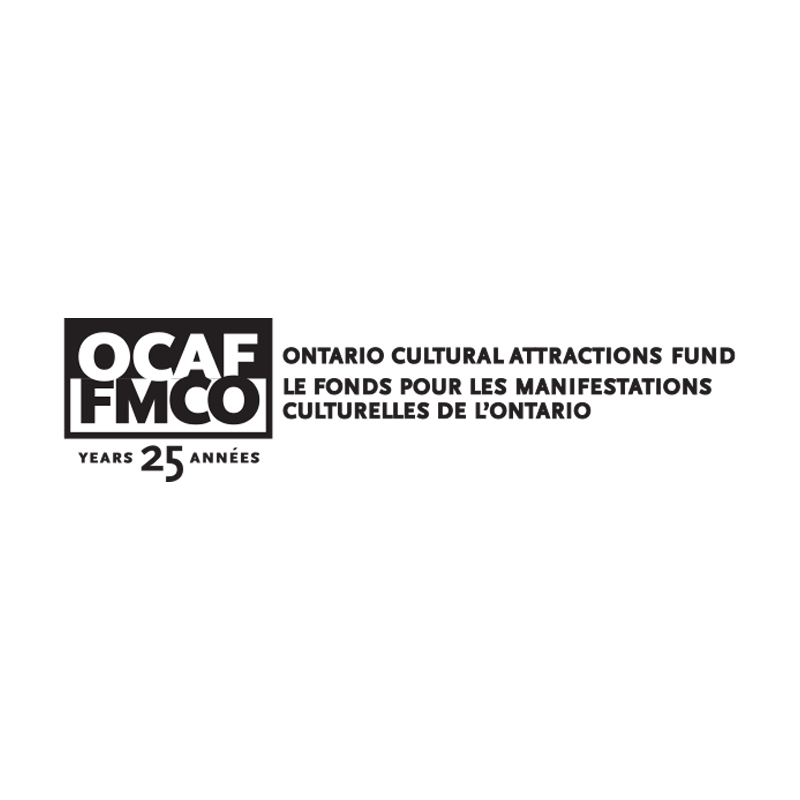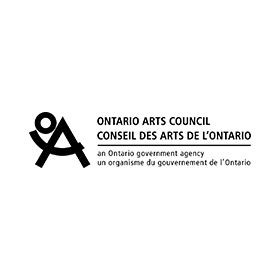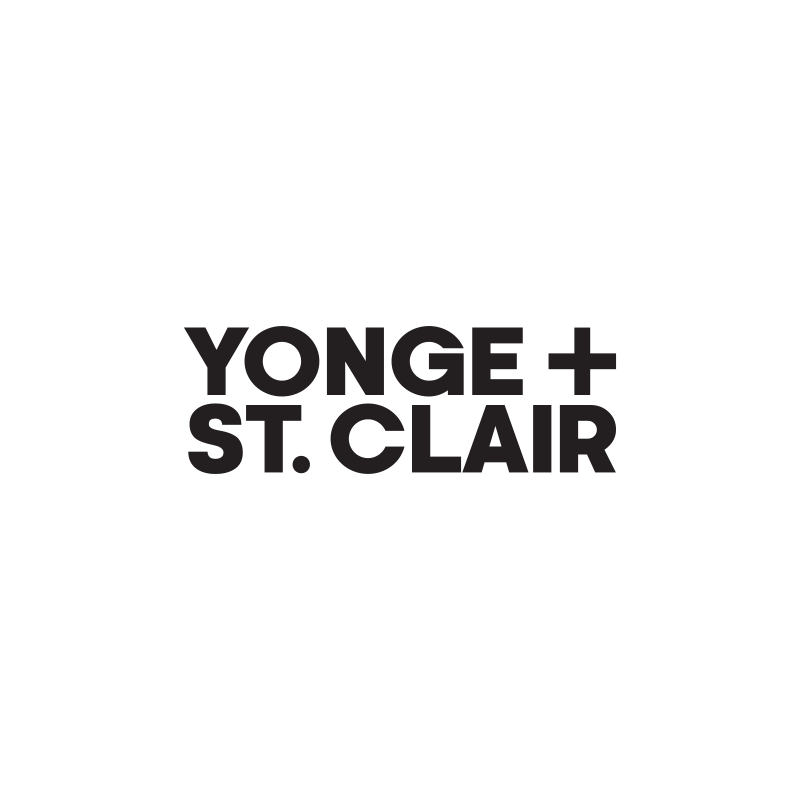
‘DesignTO Talk: Net Positive’ contributes to DesignTO’s 15-year legacy of showcasing design’s capacity to drive positive change in Toronto and beyond. The half-day event brings together ten multidisciplinary experts to explore innovative responses to the climate crisis from a perspective of abundance. Speakers include Aaron Budd (SvN Architects + Planners), April Barrett, Deepikah RB, Juan Erazo (Culturans), Judith van den Boom (Central Saint Martins), Netami Stuart (Waterfront Toronto), Reza Nik (SHEEEP), and Tura Cousins Wilson (SOCA), covering such topics as regenerative design, urban infrastructure, more than human kinships, carbon positive initiatives, and more.
–––
What is the trajectory of the climate crisis? If you envision our collective, planetary path, do you feel optimistic or distressed? In ‘Generation Dread: Finding Purpose in an Age of Eco-Anxiety’ author Dr. Britt Wray notes the validity of feelings of pessimism about the climate crisis, and suggests these emotions can be productive, spurring action. Perhaps what these feelings tell us is that we’re on the wrong path: that “green” or “sustainable” approaches have not been enough to course correct and we need to forge a new path toward a healthy and thriving planet.
Design and its adjacent industries are integral to determining this new path. As is often cited, the building and construction sector creates approximately 40% of annual carbon dioxide emissions. However, Dr. Janis Birkeland notes, “If all old wasteful buildings were replaced by new green ones, the material flows used in doing so would destroy the planet.” It is urgent that we shift design goalposts from doing “less bad” to doing “more good.”
How do we design from an understanding of humans as a part of nature, and not apart from nature? How do we repair the damage done to ecosystems? How can we design whole living systems? In envisioning these design responses, how can we navigate the tensions between human needs, ecological restoration, and the structures of ownership and governance that shape our world?
––
A certificate for 2 hours of OAA ConEd will be issued to registered attendees who request it upon registration and attend.
––
‘DesignTO Talks: Net Positive’ is organized by DesignTO, and supported by the Government of Ontario and OCAD University, with media partner AZURE Magazine. Venue provided by the Ace Hotel Toronto.
DesignTO is a non-profit arts organization celebrating 15 years of designing a sustainable, just, and joyful future. From January 24-February 2, 2025, the DesignTO Festival features 100+ free events across Toronto, showcasing hundreds of artists and designers. Known as Canada’s largest annual design festival, DesignTO has welcomed over 1 million attendees, reached 2.6 billion people through media, supported 6,500+ creatives, and generated $120 million in tourism impact. “DesignTO isn’t just a festival; it’s an anti-loneliness machine,” co-founder Christina Zeidler remarked, underscoring the organization’s power to foster belonging and spark vital conversations about design’s role in shaping a better world.
Tickets
$40 + HST
DesignTO Members 10% off
DesignTO Premium & Company members 20% off
Speakers & Topics
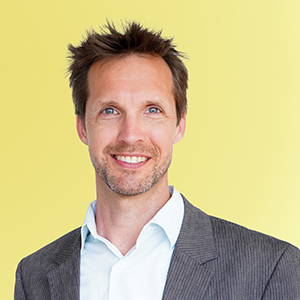
Aaron Budd (SvN)
SvN’s Regenerative Practice was established to reinforce our capacity to solve the most critical issues of our time, including climate change, biodiversity loss, and societal inequity. There is no formula for achieving these aims, but there is an approach that sets out to increase the depth and quality of our work, enabling positive outcomes for all living things. When applied to Transit Oriented Communities we consider the broader possibilities that transit infrastructure has for shaping our cities, spurring the creation of new housing, public spaces and delivering positive social and ecological change.
Aaron Budd (AIA, MRAIC, LEED AP, CPHD) is a creative thinker, pragmatic designer, and environmental champion with over two decades of architecture, planning, and sustainability consulting experience. As a Principal at SvN, he leads the firm’s Regenerative Practice, which considers how architecture and urban environments can co-evolve with natural systems. Aaron brings together the firm’s architects, landscape architects, planners, and urban designers in a unique design process to develop zero-carbon, circular, and resilient communities. His approach bridges architectural design with environmental analysis and technical knowledge to deliver climate-positive design solutions. With a Master’s of Sustainable Environmental Design and Bachelor of Architectural Science, Aaron started his career in Toronto before a string of global moves that took him to Ghana, Banda Aceh, Manila, Paris, New York, and London where he worked with the highly innovative and integrated team of Foster + Partners.

April Barrett
“Big data technologies like AI are obscured by a black box, inaccessible to users. Still, though we are not all the engineers of AI, we all feel its heat. This talk tells an optimistic story of how one community in Ireland has leveraged the waste heat of a data centre to secure its own material well-being, alongside a massive global corporation and against a backdrop of energy scarcity. As a design anthropologist, I will share my research journey from question, to field work, to outputs, outlining how I leveraged design research methods to make digital heat tangible to a wide audience, as well as to raise questions around its ownership.”
April Barrett is an Indian-Canadian design anthropologist from Toronto. She has a background as a community manager in the video game industry as well as a bachelor’s degree in anthropology from McGill University. She recently graduated from the Design for Change MA program at the University of Edinburgh with distinction and shortly after completed a research residency at the Design Museum in London, England. She developed expertise in data infrastructure through her MA thesis and residency, during which she looked at the socio-environmental politics of data centre expansion. April brings her ethnographic methods to the design and digital culture space, and has a particular interest in alternatives to Big Tech.
––
Juan Erazo (Culturans)
Could a city’s forgotten past inspire its net-positive future? This talk will present a radically different vision of today’s Mexico City through the lens of the Chinampas – a unique nature-based design system that once created a thriving human habitat on a lake, integrating food production, diverse life forms, and natural landscape.
This vision explores the last standing remnant of a lost green city as a source of new paths for urban living, together with a growing movement of protectors, regenerators, and diverse citizens, and guided by the idea of a “grassrootsphere” where design, knowledge, and community life merge. Project Chinampa is part of The Good Enough Transformation: a larger global initiative that weaves together cultural and natural landscapes of grassroots communities around the world, where humanity’s green future is now.
Juan Erazo is a member of Culturans, a Mexico City-based NGO that uses creative industries to build sustainable cities on a human scale. A creative researcher and community builder with a background in social marketing and cultural entrepreneurship, Juan previously worked in the film and advertising industry, which he left to democratize media production in communities throughout rural Mexico in collaboration with public institutions of culture and tourism. At Culturans, he oversees international program development, most notably leading the partnership with the New European Bauhaus to create a Mexico-based transatlantic laboratory to bring environmental innovation and change to everyday life through the arts across the Americas.
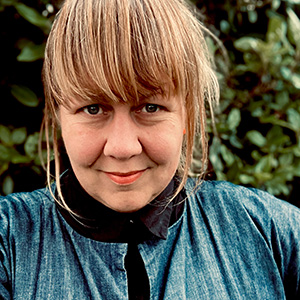
Judith van den Boom | STANDING IN THE MUD: a living system approach for regenerative design
Manfred Max-Neef, writer of “Barefoot Economics,” used the metaphor of “standing in the mud” to highlight the necessity of place-based engagement so we can deeply understand the realities and relations in place and highlights the importance of place-based engagement for regenerative design. There is a need for new tools and vocabularies to learn from the dynamics of place, working holistically, and fostering co-evolution with all species. By embracing the messy, interconnected realities of ecological communities, regenerative practices can deepen collaboration between art/design, science, and traditional ways of knowing to enable new vocabularies and practices for a regenerative future—where thriving is collective and connected.
Judith van den Boom‘s methods of research and design are inspired by her approach as a practical idealist and a deep passion for working with ecosystems whilst forging connections between people, places, and disciplines—especially between ecology and design. Judith is course leader of MA Regenerative Design at Central Saint Martins (University of the Arts London) contributing to a world in which designers practice collectively within communities, making positive ecological and social change, strengthening living systems and building relational ecologies.
Judith received her MA at the Royal College of Art and has since worked in design, research, and education. Through her PhD (MMU), she is developing regenerative frameworks and developing the guidelines for working with the “living” in living systems. Judith brings over 15 years of expertise and is an avid lecturer and consultant working with partners around the world. Currently, she is co-developing with Assoc. professor and restoration ecologist Dr. Barbara Smith the Ecosystem Alliance, a platform for place-based trans-disciplinary projects between ecologists and designers. She co-founded UFƟ Unidentified Facility to co-hosts drifts and investigate future design ecologies.
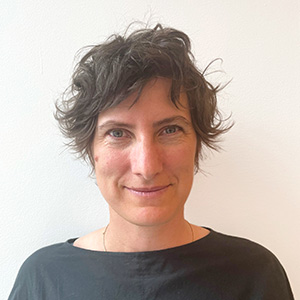
Netami Stuart (Waterfront Toronto) | Rewilding the City
The Port Lands Flood Protection Project is transforming 45 hectares of downtown Toronto from industrial brownfield to a lush river valley and a future dense urban community. Netami’s presentation will open a window into the complex organizations, processes, and ecosystems that have converged to create a river. She will look at local organizing that propelled the vision, the flood protection and climate resilience that provided a rationale, and the compromised site characteristics that shaped the final design of the landscape.
Netami Stuart is Senior Project Manager, Parks for the Port Lands Flood Protection Project at Waterfront Toronto. Both professionally and as a volunteer, Netami has made urban ecology and Toronto’s public parks her passion for over twenty years. As a landscape architect and arborist, Netami weaves living systems, design thinking, diversity, and delight into her work in Toronto’s public sector. Previous to Waterfront Toronto, Netami worked for City of Toronto, PMA Landscape Architects, Ecoplans, and Urban Forest Associates. Supporting the integration of design and stewardship, Netami represents the Ontario Association of Landscape Architects on the Board of the Ontario Parks Association.

Deepikah RB | Tentacular Spontaneity
Tentacular Spontaneity is my framework for reimagining making practices that go beyond “green” sustainability and center on Jugaad (hack). Grounded in speculative worlds and non-extractive making, my work embraces more than human kinships and resists resource-intensive approaches. Inspired by posthumanism and my lived experience in India, I create “material bridges” using algae, bioplastics, and found objects, envisioning a future where materials are nurtured, lived with, and not considered mere resources. This practice invites us to embrace slow, relational creation and to explore how joyful, cooperative human-nonhuman relationships can inspire resilient design. Let’s explore ways to create thriving systems for a vibrant future on our planet.
Deepikah RB is an Indian interdisciplinary artist based in T’karonto. She graduated from OCAD University with an MFA in Interdisciplinary Art. She creates speculative installations about ecology, climate crisis, and perception in collaboration with materials like algae, plants, gelatine, and more than humans. Her thesis show, “a place to fall apart,” was exhibited at Ignite Gallery in April 2024. Deepikah was part of the Geary Art Crawl 2024 (Toronto) and has exhibited across Canada, India, and CDMX (Mexico City).
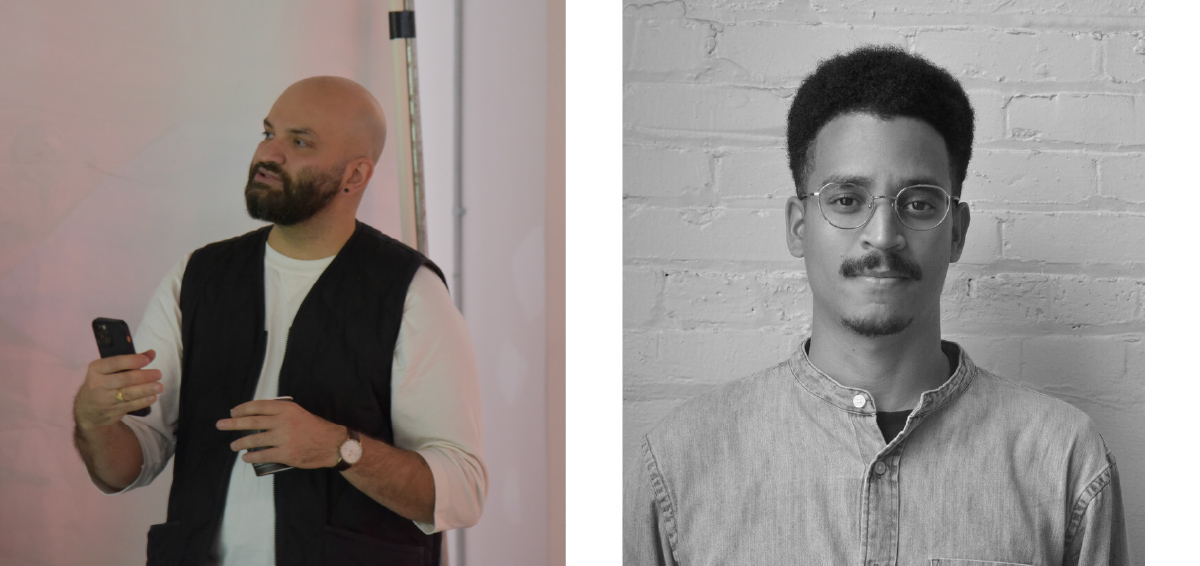
Reza Nik & Tura Cousins Wilson
Reza Nik is a Toronto-based licensed architect, artist, educator and founding director of SHEEEP – an experimental art and architecture studio. He is also a co-founder of SHEEEP.school, a collective initiative launched in 2024 with a focus on the exchange of knowledge outside the institution, an Assistant Professor at the University of Toronto’s Faculty of Architecture, Landscape and Design, and a co-founder of the Toronto chapter of the Architecture Lobby.
Tura Cousins Wilson is an architect, educator, and co-founder of the Studio of Contemporary Architecture (SOCA), based in Toronto. He is inspired by creating uplifting spaces of beauty and contends that architecture’s power lies in its ability to transform collective imaginations and narratives into reality. Tura holds an undergraduate degree in architecture from Toronto Metropolitan University, a master’s degree in architecture, urbanism, and building sciences from Delft University of Technology in the Netherlands.
Participants
Aaron Budd (SvN Architects + Planners), April Barrett, Deepikah RB, Juan Erazo (Culturans), Judith van den Boom (Central Saint Martins), Netami Stuart (Waterfront Toronto), Reza Nik (SHEEEP), Tura Cousins Wilson (SOCA)Accessibility
Who should visitors contact with questions regarding accessibility?
Is this venue accessible by wheelchair or similar mobility devices? This includes access to washrooms and all aspects of programming/events.
Are designated parking spots for persons with disabilities close to the entrance of the building?
Can people get to the venue using accessible transit?






